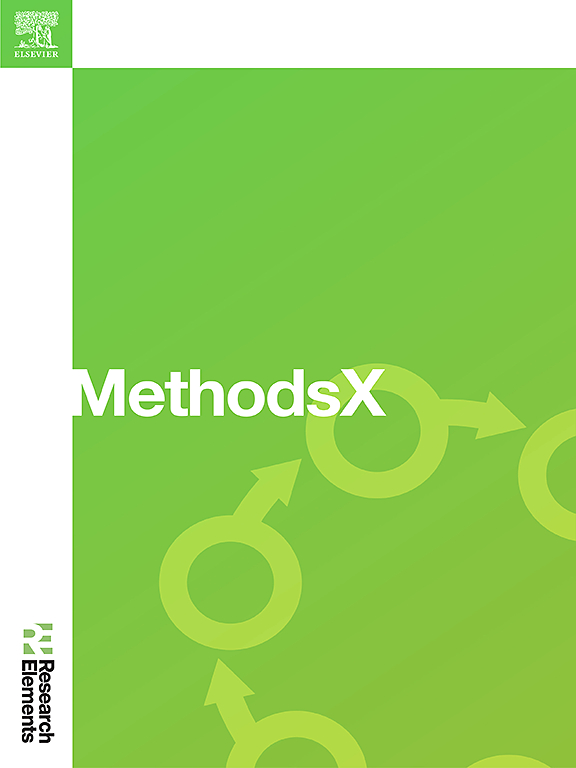Industrial wastewater treatment and reuse: Heckman probit sample selection model
IF 1.6
Q2 MULTIDISCIPLINARY SCIENCES
引用次数: 0
Abstract
Wastewater treatment and reuse help emerging economies to minimize their water scarcity. This study examines the factors influencing wastewater treatment and reuse by manufacturing firms in Shaggar City. The Heckman Probit Sample Selection model is used to analyse the data collected from 303 randomly selected manufacturing firms using structured questionnaires. Results revealed that R&D costs, innovation practices, the availability of purpose-driven vehicles for waste transport, energy costs, and the scale of operations significantly affect the reuse of treated wastewater. The result also shown that presence of wastewater treatment facilities, energy costs, R&D costs, and existence of solid waste disposal facilities were found to be statistically significant in determining wastewater treatment decision. The result implies that firms with treatment and disposal facilities take a more active approach to adopting sustainable techniques as their energy costs and R&D investment rise. Policymakers and industrial firms should think about ways to educate and encourage firms and the surrounding community to reuse treated wastewater, which promotes water conservation and reduces urban water scarcity.
- •The Heckman Probit Selection model effectively identifies and analyzes the factors influencing wastewater treatment and reuse in the industrial sector.
- •Implementing wastewater treatment solutions is crucial for minimizing water shortages in urban areas of emerging economies.
- •The estimated model highlights the essential actions to be taken for achieving a sustainable environment.

工业废水处理与回用:Heckman probit样本选择模型
废水处理和再利用有助于新兴经济体最大限度地减少水资源短缺。本研究探讨了夏格尔市制造业企业废水处理与回用的影响因素。采用Heckman Probit样本选择模型对随机抽取的303家制造企业的结构化问卷进行数据分析。研究结果表明,研发成本、创新实践、废物运输专用车辆的可用性、能源成本和运营规模显著影响处理后废水的回用。结果还表明,废水处理设施的存在、能源成本、研发成本和固体废物处理设施的存在在决定废水处理决策方面具有统计学意义。结果表明,随着能源成本和研发投资的增加,拥有处理和处置设施的公司采取更积极的方法采用可持续技术。决策者和工业企业应该考虑如何教育和鼓励企业和周围社区重新利用处理过的废水,这有助于节约用水,减少城市水资源短缺。•Heckman Probit Selection模型有效地识别和分析了影响工业部门废水处理和再利用的因素。•实施废水处理解决方案对于最大限度地减少新兴经济体城市地区的水资源短缺至关重要。•估计模式突出了为实现可持续环境而需要采取的基本行动。
本文章由计算机程序翻译,如有差异,请以英文原文为准。
求助全文
约1分钟内获得全文
求助全文
来源期刊

MethodsX
Health Professions-Medical Laboratory Technology
CiteScore
3.60
自引率
5.30%
发文量
314
审稿时长
7 weeks
期刊介绍:
 求助内容:
求助内容: 应助结果提醒方式:
应助结果提醒方式:


